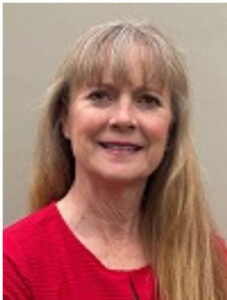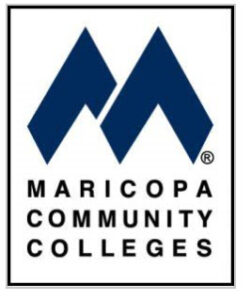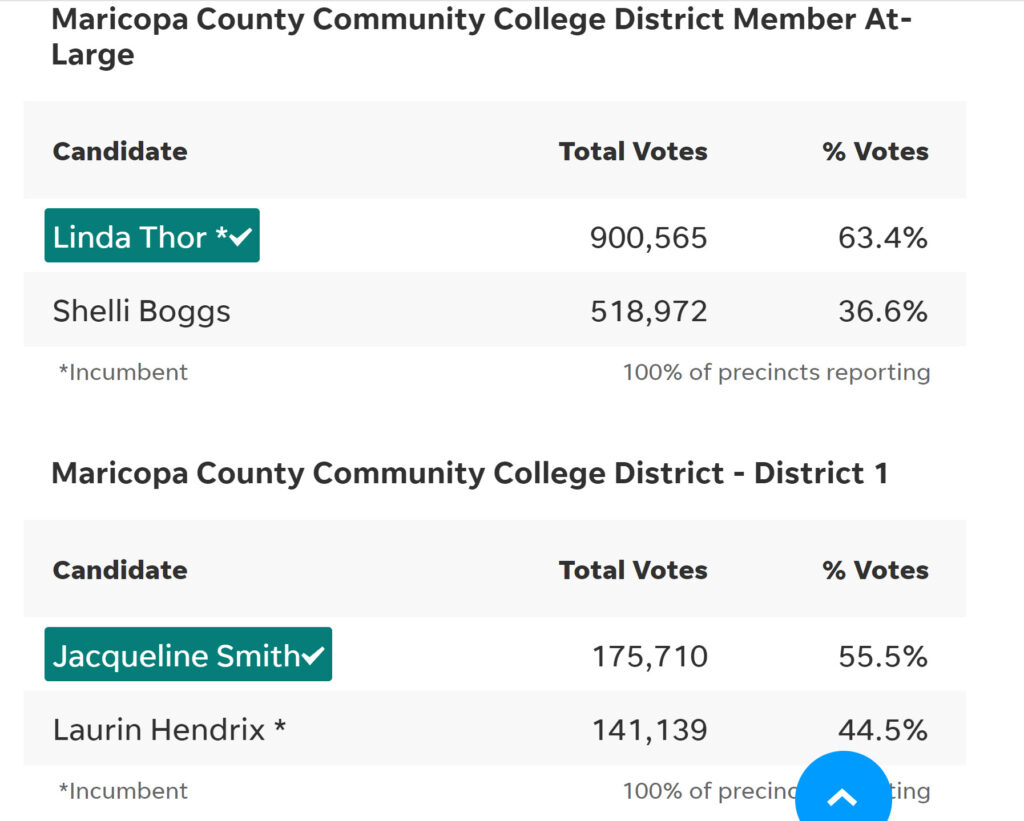Says Chevalier should “shake the dust, rattle the walls and bring the house down” when asking questions of the Community College about the impact of programs and projects on Verde Valley

Sedona Red Rock News Managing Editor Christopher Fox Graham
The Sedona Red Rock News was sharply critical of the treatment afforded Third District Yavapai Community College representative Paul Chevalier at the November 16 Governing Board meeting held at the Career and Technical Education Center located at the Prescott airport. In an editorial Managing Editor Christoper Fox Graham argued that Mr. Chevalier should continue to fight for his constituents; he should not be silenced.
Editor Graham wrote that Mr. Chevalier’s:
“job as an elected official is to fight for his constituents in District 3 and thus, every time a college staffer makes a presentation, Chevalier should ask, “how does this benefit my people in District 3?” Department heads are spending our tax dollars to educate our population and if they can’t demonstrate how it helps our students and benefits our taxpayers, then the program should be culled to make room for a better one that does help our residents.”
Editor Graham was also critical of Fourth District Representative Chris Kuknyo’s view that performing arts programs and courses offered only on the west side of the County are easily accessible to east side residents. Graham wrote that:
“Kuknyo then stated that any of these west side performing arts programs are`available’ to students on the east side. His false claim is misleading because geography exists. Programs are `available’ to anyone on the east side, but not offered here, meaning our taxpaying students have to drive 90 minutes a day to attend a class in Prescott. Kuknyo’s dumb claim is akin to saying Arizona has oceanfront beaches right there, on the west side of California.”
On silencing Mr. Chevalier, Editor Graham wrote that:
“Kuknyo explicitly wants Chevalier silenced; he told Verde Valley’s Chevalier to shut up and smile while the county community college steals our tax dollars and provides us nearly nothing while dumping our tax money on Prescott area campuses. That’s not hyperbole: Toward the end of the meeting, an irritated Chevalier asked the board, “So at public meetings, I should never mention discrepancies or inequities in the Verde Valley?”
“Not at all,” Kuknyo immediately answered. Kuknyo explicitly told Chevalier to stop representing us, his voters. If Kuknyo demands Chevalier’s silence, we demand Chevalier shake the dust, rattle the walls and bring the house down. We demand Chevalier get louder. We demand he be more combative about getting what our tax dollars pay for.”
There is much more to Mr. Graham’s editorial. You can read it in its entirety by clicking here. Or by clicking on the link below.
http://www.redrocknews.com/2021/12/04/yavapai-college-board-needs-to-retake-basic-geography/
 Voters will decide whether undocumented students that graduate from Arizona high schools, widely known as “Dreamers,” will be eligible to pay in-state tuition at Yavapai Community College and other Arizona colleges and universities.
Voters will decide whether undocumented students that graduate from Arizona high schools, widely known as “Dreamers,” will be eligible to pay in-state tuition at Yavapai Community College and other Arizona colleges and universities. Most recent reports from Arizona’s legislature is that a bill is moving forward that will set aside $10 million for scholarships designed to assist struggling community college students. The Senate Education Committee on Tuesday agreed to the scholarship assistance without dissent. If approved in the House, it will provide aid to about 3,000 students.
Most recent reports from Arizona’s legislature is that a bill is moving forward that will set aside $10 million for scholarships designed to assist struggling community college students. The Senate Education Committee on Tuesday agreed to the scholarship assistance without dissent. If approved in the House, it will provide aid to about 3,000 students.
 A bill is winding its way through the Arizona Legislature that if finally approved will allow Community Colleges in the State to offer some 4-year degree programs. It recently passed in the Arizona House by a 57-3 vote.
A bill is winding its way through the Arizona Legislature that if finally approved will allow Community Colleges in the State to offer some 4-year degree programs. It recently passed in the Arizona House by a 57-3 vote. According to a story in the Arizona Republic of November 9, 2020 by Anne Ryman, the Arizona Attorney General’s Office has closed its open meeting law investigation involving Maricopa Community College. It concluded it could not substantiate a violation of state law.
According to a story in the Arizona Republic of November 9, 2020 by Anne Ryman, the Arizona Attorney General’s Office has closed its open meeting law investigation involving Maricopa Community College. It concluded it could not substantiate a violation of state law.
 The Maricopa Community College District Governing Board race has become heated for at least two of the four candidates seeking office this year. In a story written by Anne Ryman in the Arizona Republic on Sunday, October 18, the campaigns of candidate Shelli Boggs and incumbent Laurin Hendrix appear to have become involved in unusual stormy political tactics for these nonpartisan positions.
The Maricopa Community College District Governing Board race has become heated for at least two of the four candidates seeking office this year. In a story written by Anne Ryman in the Arizona Republic on Sunday, October 18, the campaigns of candidate Shelli Boggs and incumbent Laurin Hendrix appear to have become involved in unusual stormy political tactics for these nonpartisan positions.  The search for a new chancellor at Maricopa Community College was allegedly disrupted and stopped in August because of the actions of a single Governing Board member on the search committee, Kathleen Winn. In an article in Inside High Ed, reporter Madeline St. Amour wrote that an investigation found that Winn, who was a member of the search committee for a new chancellor, tainted the process “by violating a confidentiality agreement and attempting to persuade a candidate to not apply for the position.”
The search for a new chancellor at Maricopa Community College was allegedly disrupted and stopped in August because of the actions of a single Governing Board member on the search committee, Kathleen Winn. In an article in Inside High Ed, reporter Madeline St. Amour wrote that an investigation found that Winn, who was a member of the search committee for a new chancellor, tainted the process “by violating a confidentiality agreement and attempting to persuade a candidate to not apply for the position.”